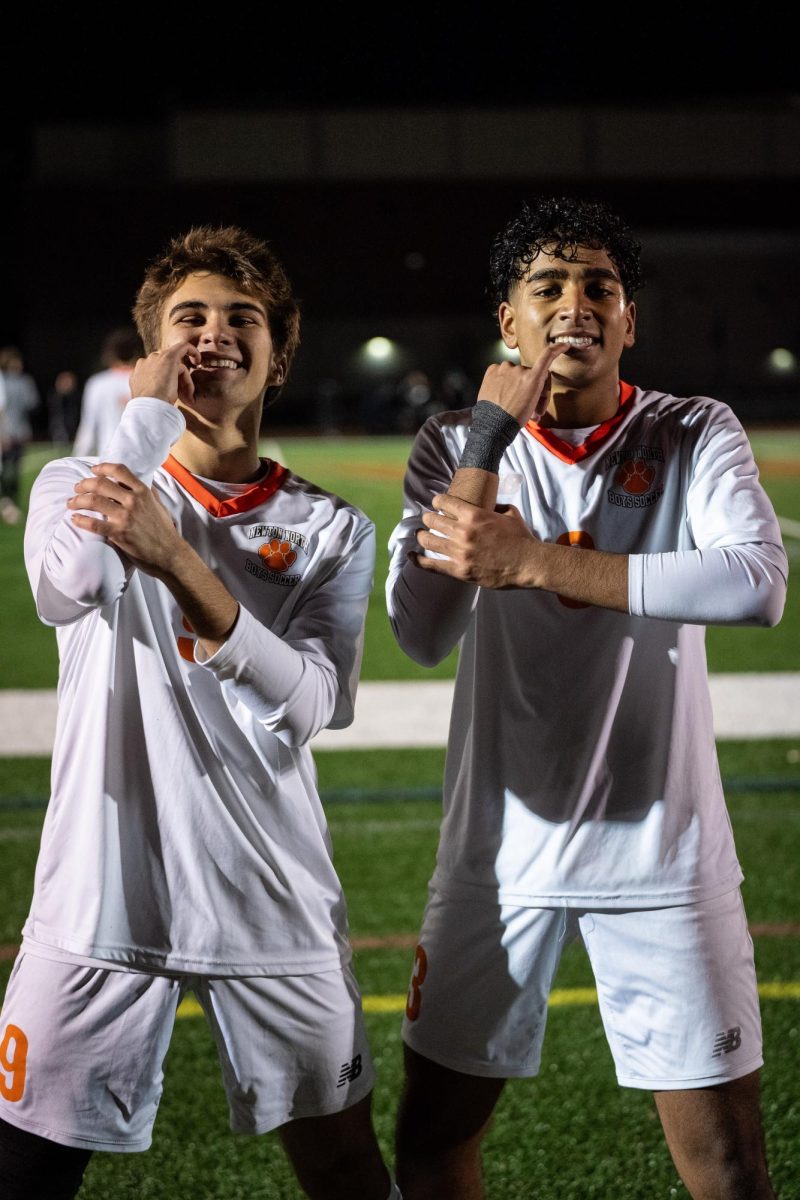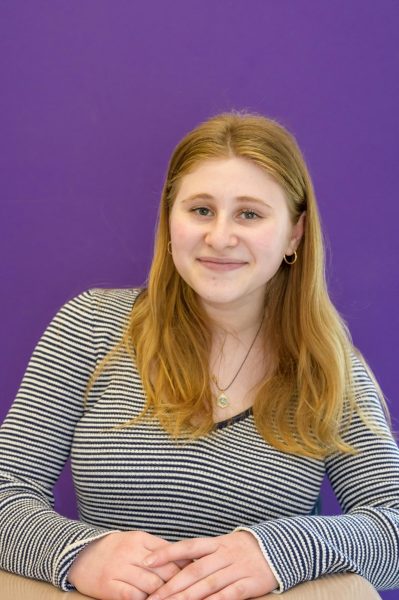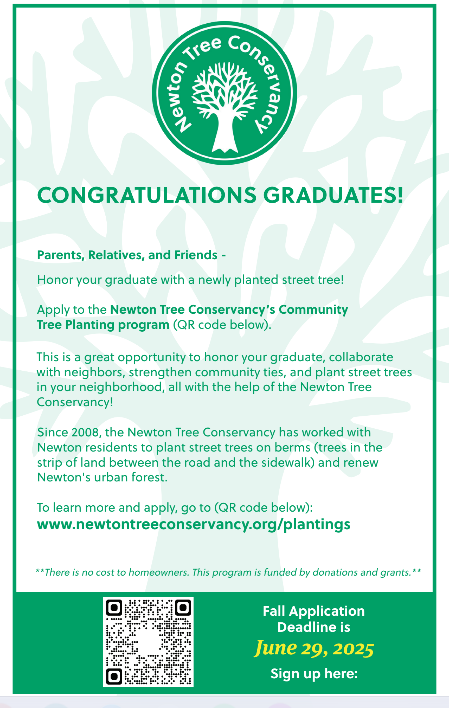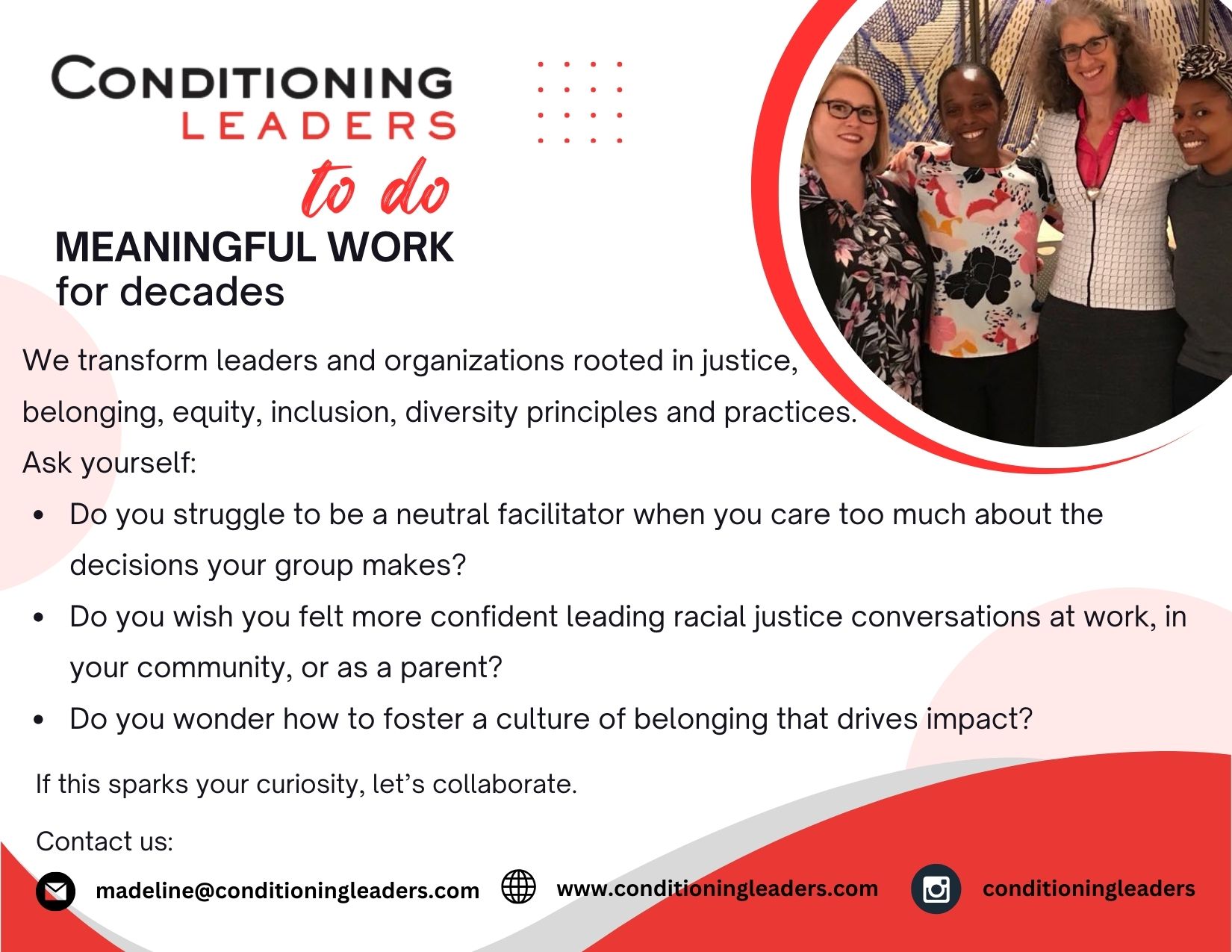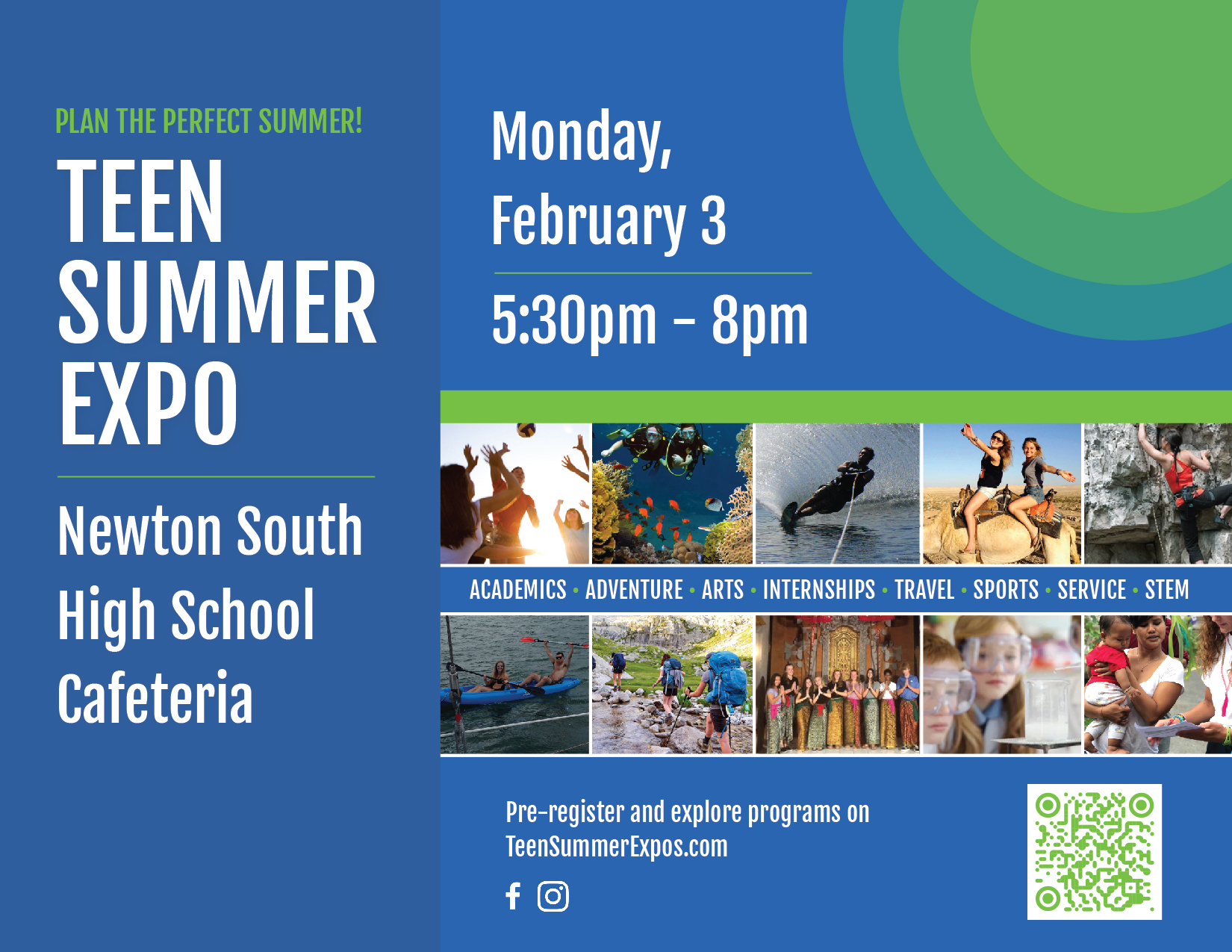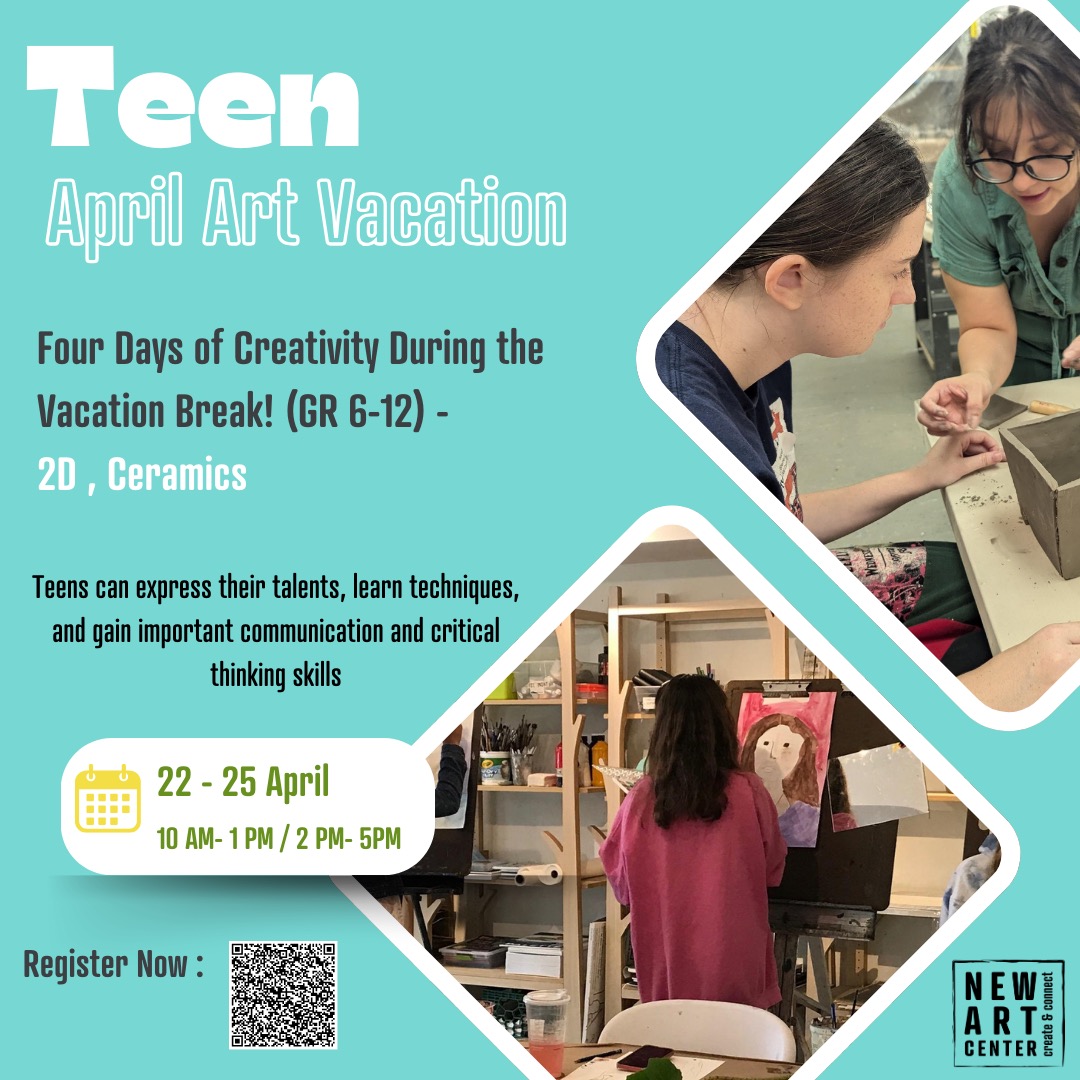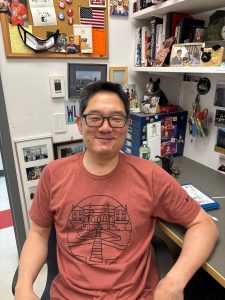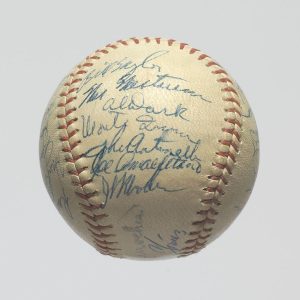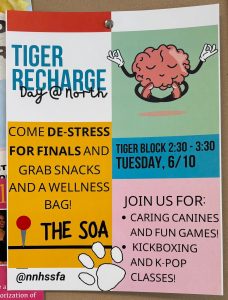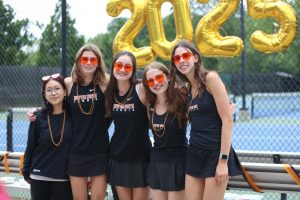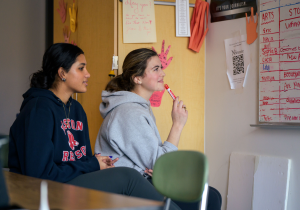North students engage with democracy through mock elections
December 12, 2022
Students voted to elect Maura Healy for Governor of Massachusetts among others, in a mock election held Monday, Nov. 7 in advisory.
According to Center for Civic Engagement co-president Claudia Wu, the votes of North students exactly matched the Democratic results of the Massachusetts primary election.
“Massachusetts in general tends to not be as evenly divided as other parts of the country, so I am not surprised that the Newton North vote largely mirrored the state-wide vote,” said program coordinator Ursula Steele.
Wu said that the goal of holding the mock election was to help students to better understand current Massachusetts politics.
“The idea of mock election is a chance for students to practice thinking about the candidates, thinking about the ballot questions, so that those who are eligible to vote when they turn 18 would have at least thought a little bit about some of the issues,” she said.
According to sophomore Ma’ayan Rosenbaum, holding mock elections at North is an important tradition. “I think it’s a good way to learn about local politics and involve people who aren’t yet eligible to vote in our community,” said Rosenbaum.
Junior Jack Eagan said that he chose to vote in the mock election because it prepares students for voting in the real world. “Voting is important to our country and the mock election was a great way to practice,” he said.
In the election for state office, North students voted in Maura Healy and Kim Driscoll for governor and lieutenant governor, as well as Andrea Campbell for Attorney General, William Galvin for Secretary of State, Deborah Goldberg for treasurer, and Diana Dizoglio for Auditor.
Students also elected Ayanna Pressley, Stephen Lynch, Jake Auchincloss, and Katharine Clark into congress.
On the ballot questions, students voted yes on all three questions provided. According to Steele, “Newton North students took on a much more liberal position than other parts of the state when it came to the ballot questions.”
According to Wu, in the past, the mock election was conducted fully in person with students being able to vote in one place. This year, the Center for Civic Engagement opted to have elections virtually, a practice that began during the pandemic. “I think we will keep voting electronically. With such large numbers of students voting it is easier for us to be able to tabulate it.”
Almost 500 students voted in the poll. “We were pleased. Usually the election numbers in midterm elections are not as high for presidential elections, about half the amount. And that’s exactly what happened because two years ago we had about a thousand students,” said Wu.
This year, students in History 840 created informational videos to educate students about what this year’s ballot questions were asking. “We hope that our students in History 840 who did the pros and cons of each of the ballot questions, gave students a sense of each side of the issue of the ballot questions,” said Wu.
Rosenbaum agreed, saying that the videos helped her understand the questions better. “I especially liked the explanations of the various policies and candidates. It definitely helped me better understand local politics.”
According to Steele, the Center for Civic Engagement also held a voter registration drive earlier this fall. “One message we are trying to get out to students is that in Massachusetts pre-registration is available to students ages 16 and up. We really encourage all 16-year-olds to take advantage of voter registration drives so they will be ready to vote as soon as they turn 18.”
“We are really pleased that we can do this, and we will keep doing this every two years,” said Wu. “We really hope that this is an impetus for students to actually go out and vote when they are able to.”













